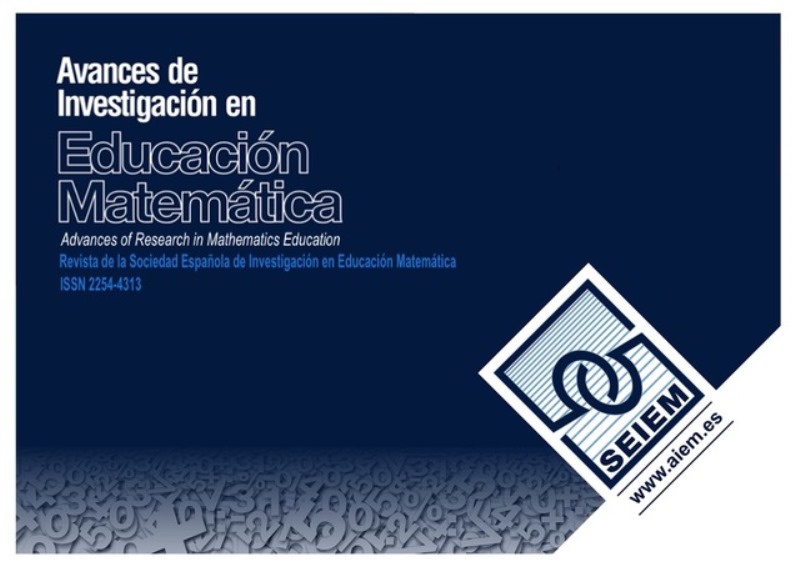There is no evidence for order mattering; therefore, order does not matter
An appeal to ignorance
DOI:
https://doi.org/10.35763/aiem.v1i11.179Keywords:
Cognition, Fallacies, Probability, Probabilistic Knowledge, Prospective TeachersAbstract
Within the limited field of research on teachers’ probabilistic knowledge, incorrect, inconsistent and even inexplicable responses to probabilistic tasks are most often accounted for by utilizing theories, frameworks and models that are based upon heuristic and informal reasoning. More recently, the emergence of new research based upon logical fallacies has been proving effective in explaining certain normatively incorrect responses to probabilistic tasks. This article contributes to this emerging area of research by demonstrating how a particular logical fallacy, known as “an appeal to ignorance,” can be used to account for a specific set of normatively incorrect responses provided by prospective elementary and secondary mathematics teachers to a new probabilistic task. It is further suggested that a focus on the classical approach to teaching theoretical probability contributes to the use of this particular logical fallacy.
Downloads
Downloads
Published
How to Cite
Issue
Section
License
The articles published in this journal are under a license Creative Commons: By 4.0 España from number 21 (2022).
Authors who publish with this journal agree to the following terms:
- Authors retain copyright and keep the acknowledgement of authorship.
- The texts published in this journal are – unless indicated otherwise – covered by the Creative Commons Attribution 4.0 international licence. You may copy, distribute, transmit and adapt the work, provided you attribute it (authorship, journal name, publisher) in the manner specified by the author(s) or licensor(s). The full text of the licence can be consulted here: http://creativecommons.org/licenses/by-nc/4.0.
- Authors are able to enter into separate, additional contractual arrangements for the non-exclusive distribution of the journal's published version of the work (e.g., post it to an institutional repository or publish it in a book), with an acknowledgement of its initial publication in this journal.
- Authors are permitted and encouraged to post their work online (e.g., in institutional repositories or on their website) prior to and during the submission process, as it can lead to productive exchanges, as well as earlier and greater citation of published work (See The Effect of Open Access).









